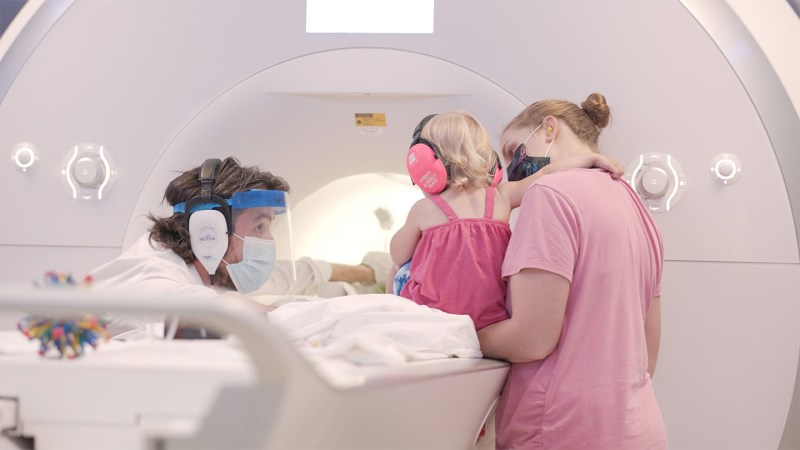The lymphatic system plays a key role in maintaining the body’s fluid balance and supporting immune defences. Lymphatic vessels are composed of a single layer of endothelial cells, allowing the transfer of fluids, cells and large molecules from…
Category: 5. Biology
-

Peatlands’ potential to capture carbon upgraded as temperatures rise
According to a predictive model developed by a CNRS researcher1 and his European colleagues, the microalgae present in peat bogs could offset up to 14% of future CO2 emissions, thanks to their photosynthetic activity2. This conclusion was reached…
Continue Reading
-

Adaptive defenses against malicious jumping genes
Adverse genetic mutations can cause harm and are due to various circumstances. “Jumping genes” are one cause of mutations, but cells try and combat them with a specialized RNA called piRNA. For the first time, researchers from the University of…
Continue Reading
-

Breakthrough molecular movie reveals DNA’s unzipping mechanism with implications for viral and cancer treatments
Scientists at the University of Leicester have captured the first detailed “molecular movie” showing DNA being unzipped at the atomic level — revealing how cells begin the crucial process of copying their genetic material.
The groundbreaking…
Continue Reading
-

Restored stream supports new wild salmon run
Almost everywhere in California, salmon are on the decline. But in Putah Creek — a restored stream running through the University of California, Davis, campus — wild salmon are not only increasing, they also are completing their life cycle.
A…
Continue Reading
-

The cell’s powerhouses: Molecular machines enable efficient energy production
Mitochondria are the powerhouses in our cells, producing the energy for all vital processes. Using cryo-electron tomography, researchers at the University of Basel, Switzerland, have now gained insight into the architecture of mitochondria at…
Continue Reading
-

Why don’t we remember being a baby? New clues in memory mystery.
What’s the earliest memory you can recall? While many people’s recollections of the past may stretch back into childhood, research shows that the trip down memory lane generally hits a wall once you reach infancy. In some ways, this…
Continue Reading
-

Scientists Reveal Why We Can’t Remember Our Earliest Years
A new fMRI study reveals that babies as young as 12 months can encode memories, contradicting theories that memory formation is impossible in infancy. Instead, the inability to recall early life may stem from retrieval failures rather than memory…
Continue Reading
-

Gray seals may sense their own blood oxygen levels
The seals’ ability to detect the amount of oxygen in their blood may help them make diving decisions and avoid drowning.
Continue Reading
-

Babies can form memories, and they do it a lot like adults
A baby’s early life has a lot of milestones: first giggle, first tooth, first step. A brain scanning study adds to the list: first memory.
Infants can form memories, and they use a memory structure in the brain called the…
Continue Reading